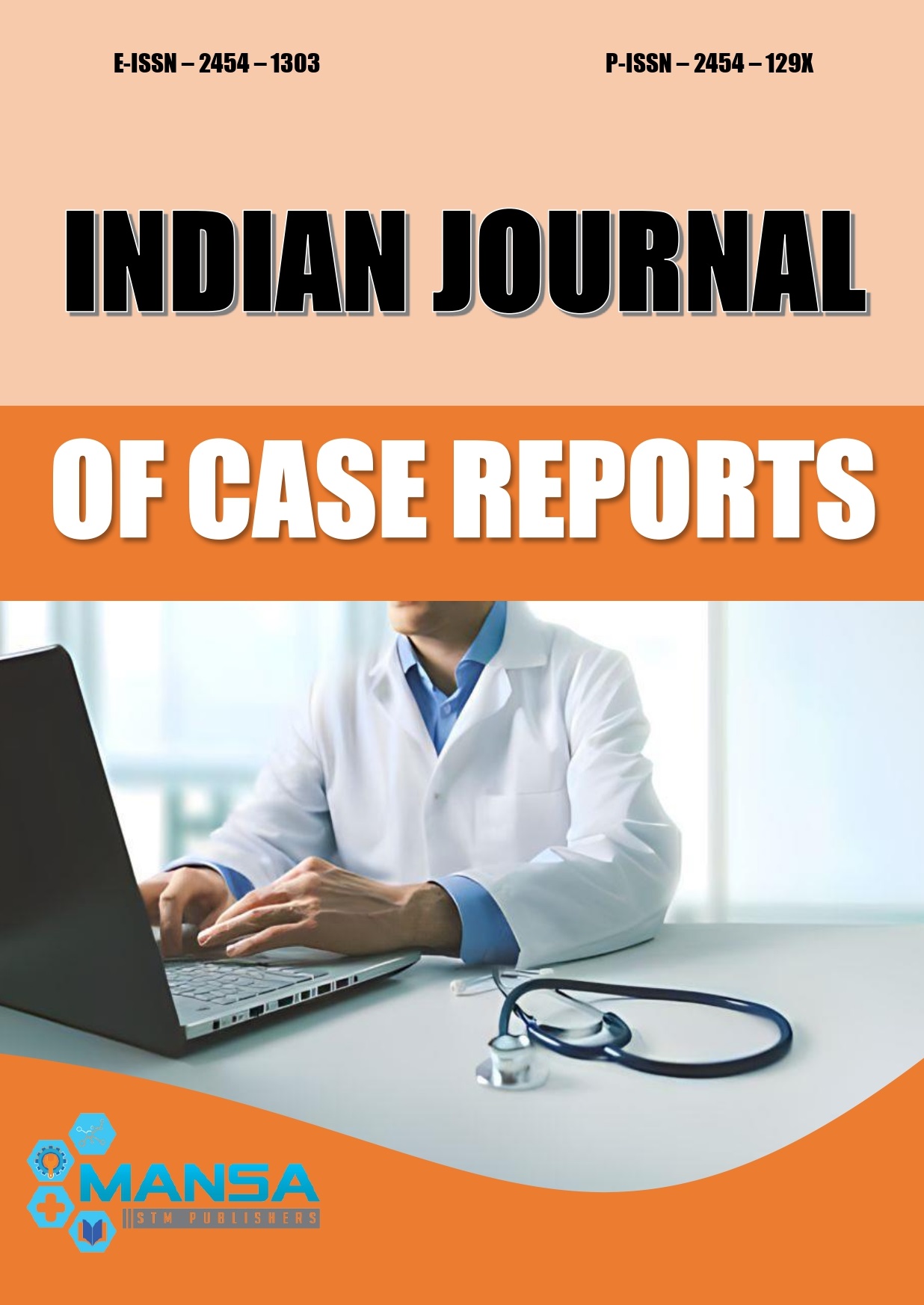Acute liver failure resulting from coinfection with dengue and hepatitis A virus: A case report
DOI:
https://doi.org/10.32677/ijcr.v10i5.4454Keywords:
Acute liver failure, Coinfection, Dengue virus, Hepatitis A virus, Intensive careAbstract
Acute liver failure (ALF) is an infrequent and varied condition characterized by severe impairment of liver function that occurs in individuals without any preexisting liver disease. This particular case study presents a distinctive occurrence of ALF resulting from a simultaneous infection of both hepatitis A virus (HAV) and dengue virus, accompanied by dengue hemorrhagic fever. The patient, a 26-year-old male, exhibited symptoms such as fever, nausea, vomiting, abdominal pain, and generalized body aches. Subsequently, the patient developed jaundice, hepatic encephalopathy, acute cholecystitis, and acute pancreatitis. Laboratory tests confirmed the presence of markers for both dengue and HAV, along with decreased platelet count and hemoglobin levels. However, with a treatment plan focused on conservative management, the patient’s condition gradually improved, leading to eventual discharge. This case underscores the potential for coinfection with dengue and HAV to precipitate ALF and emphasizes the significance of early diagnosis and timely intervention to achieve the best possible outcomes for the patient.
Downloads
Downloads
Published
Issue
Section
License
Copyright (c) 2024 Jaya Ghosh, Jhumur Ghosh

This work is licensed under a Creative Commons Attribution-NonCommercial-NoDerivatives 4.0 International License.

